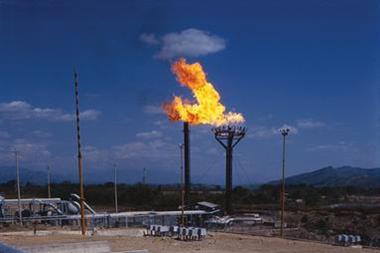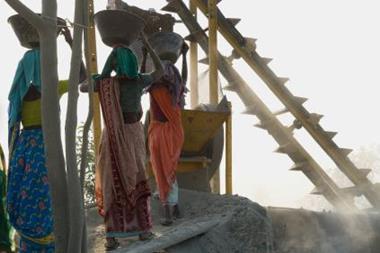Trial date set for 2011
The trial of a claim brought by over 70 Colombian farmers against a BP subsidiary is expected to take place in 2011, following a hearing at the Royal Courts of Justice.
The farmers, who are represented by Leigh Day & Co, have issued legal proceedings against BP Exploration Company (Colombia) in relation to alleged environmental damage caused to their properties as a result of the construction of the OCENSA oil pipeline during the late 1990s.
The farmers claim that the construction of the pipeline caused extensive damage to soil and groundwater, causing contamination of water supplies, extensive erosion on their farms, making fish ponds unsustainable and on the whole preventing the claimants from conducting their various agricultural and farming activities on their properties.
Colombian farmers brought a similar claim against BP in relation to alleged environmental damage caused by the OCENSA pipeline. The claim was settled in June 2006, with no admissions of liability. BP has now decided to take a different tack and fight the new claims in Court.
A hearing took place at the High Court in December, where it was decided the case would probably take place in autumn 2011.
The farmers claim that following the construction of the pipeline the area was inadequately re-vegetated, which left the soil exposed to the elements and the effects of soil erosion. Sediment was carried downhill by rainwater altering the land and aquatic ecosystem and silting up water sources including reservoirs. Because the land was not stabilised after the construction of the pipeline the farmers claim it is susceptible to landslides.
Pedro Florez, one of the Claimants, said: “Now that my land has been destroyed I realise that the money I was paid for the pipeline to be built across my farm was a mere pittance and that BP took advantage of my inability to read and write and my lack of understanding of technical language. I can no longer keep the same number of animals or crops, or fish in the local lake, because of the poor quality of the water. It is now very hard to survive on the income that the farm produces.”


















